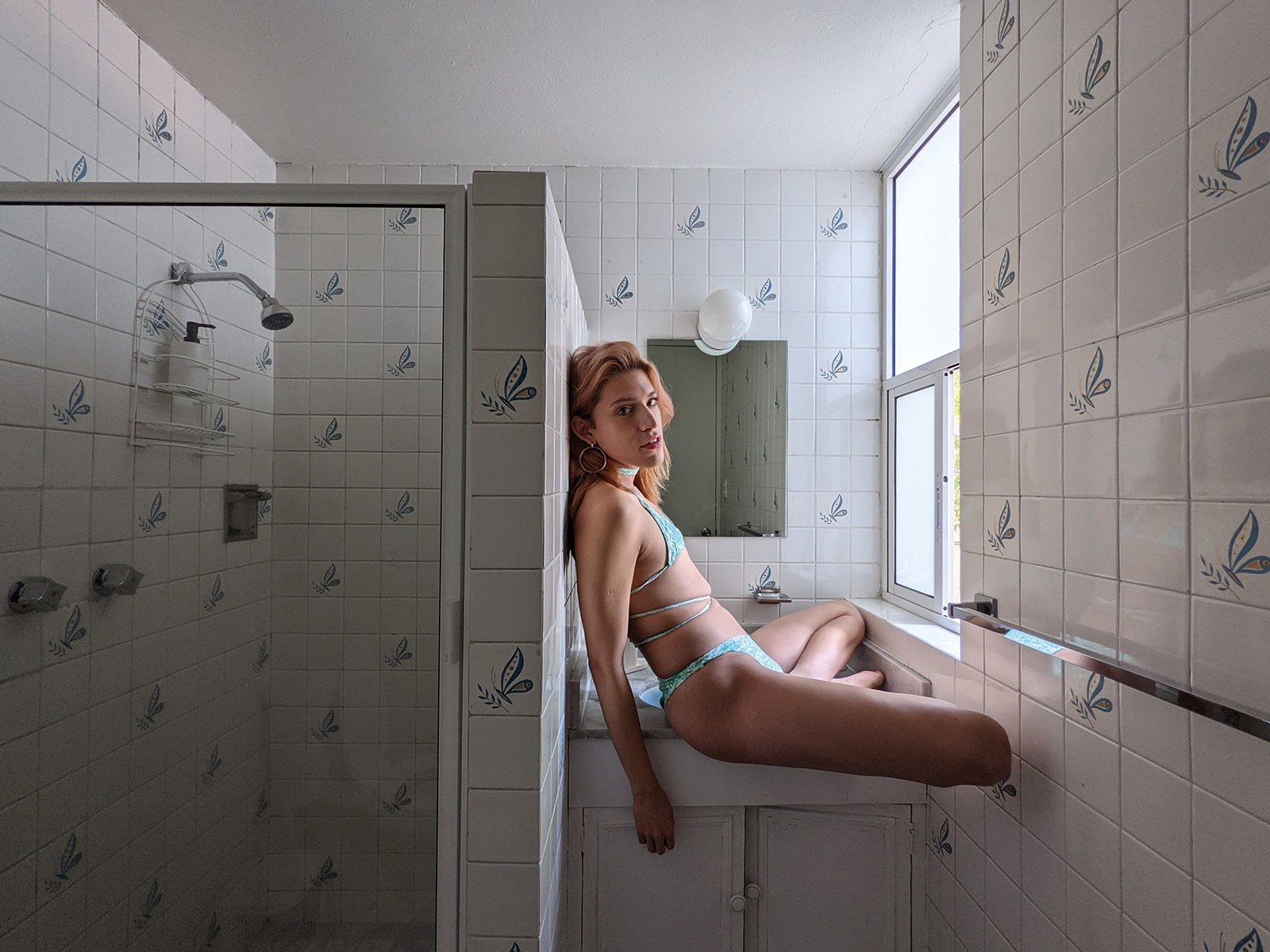One doesn’t just stumble upon the queer underground of any city. Mexico City’s rich scene in particular, bubbling underneath the surface of a city rapidly being gentrified by digital nomads who might not even speak the language, has been highlighted in recent years. New York-based photographer Mayan Toledano was one such expat artist — through several stints in Mexico City, she found herself falling in with the dolls and queers that make up the Mexican capital’s scene.
“The first time I came here was on a trip in 2018, I felt at home right away and knew I’d be back but didn’t realize it would become a second home to me and that I’d be going back and forth so much,” Mayan says. “I met a few people, made beautiful friends and fell in love. All of this led me to start photographing my life and experiences here, the time we all shared, the interior lives I’ve gotten invited into and the creative forces that I was lucky to be surrounded with.”
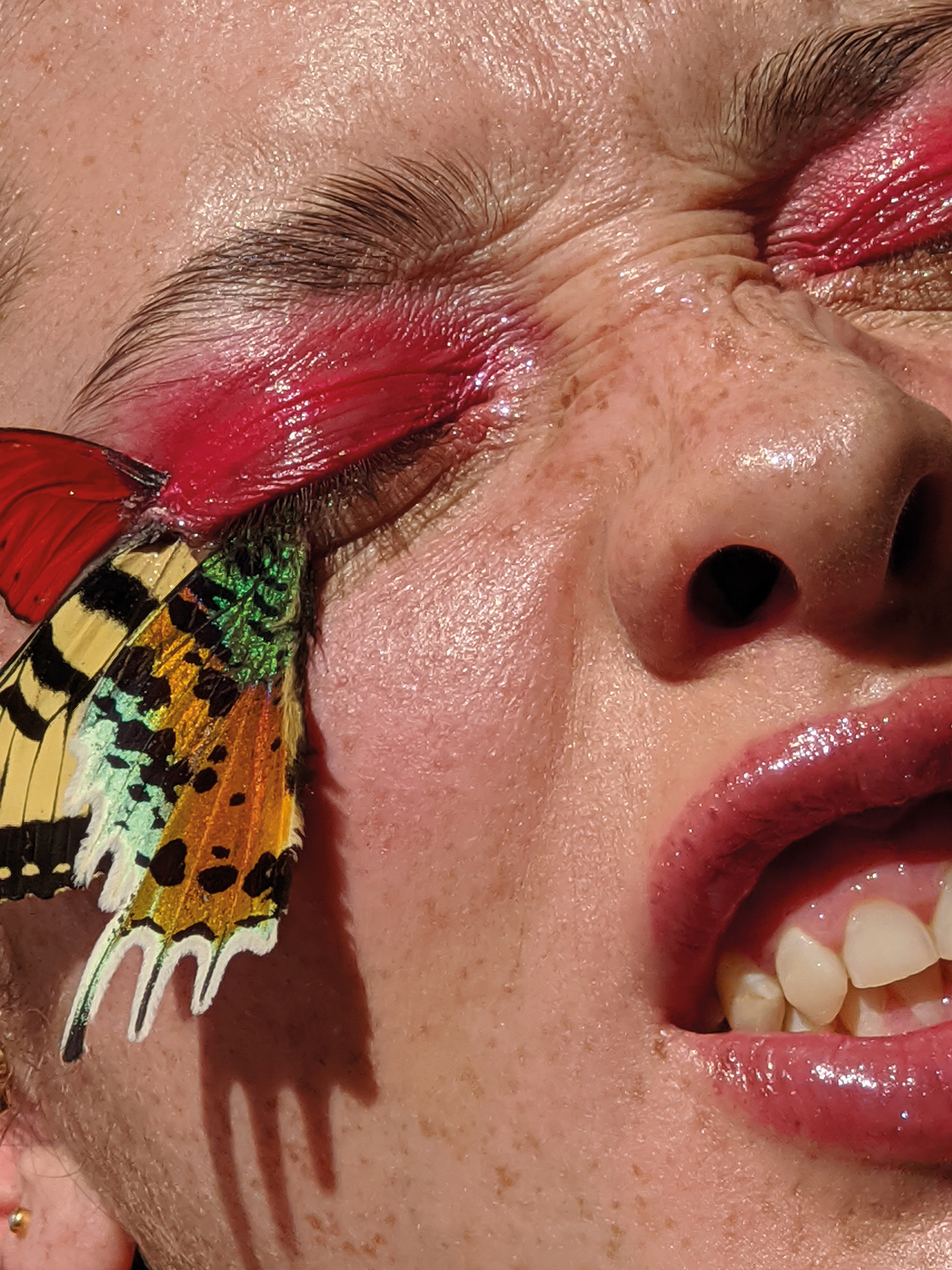
These frequent visits birthed a moving photo series, a mix of portraiture and shots of quotidian scenes, of kisses and cooking and afternoons lying on the couch. Collected together as No Mames, and out this year via Damiani Books, these touching color photographs capture the raw, naked —often literally so — tenderness we as queer people often have to show each other, the tables we have to build to replicate something close to true comfort. With subjects sometimes shot over several years, intimacy was built organically. This imbues the photos with a special familial quality, the kind of photos taken by a close friend or a lover.
Thanks to Mayan’s careful touch, No Mames unfolds as a document of queer joy and togetherness. These photos are the BTS shots of intimate afterparties as much as they are documents of lovers and friends enjoying each other’s company, an essential time capsule of Mexico City’s queer community as it is now. The photographer’s visual vocabulary, whose focus she describes as “connection, softness and empathy”, teeters the line between the pastel fantasy of Petra Collins and the soul-baring artistry of OG East Village photographer Nan Goldin.
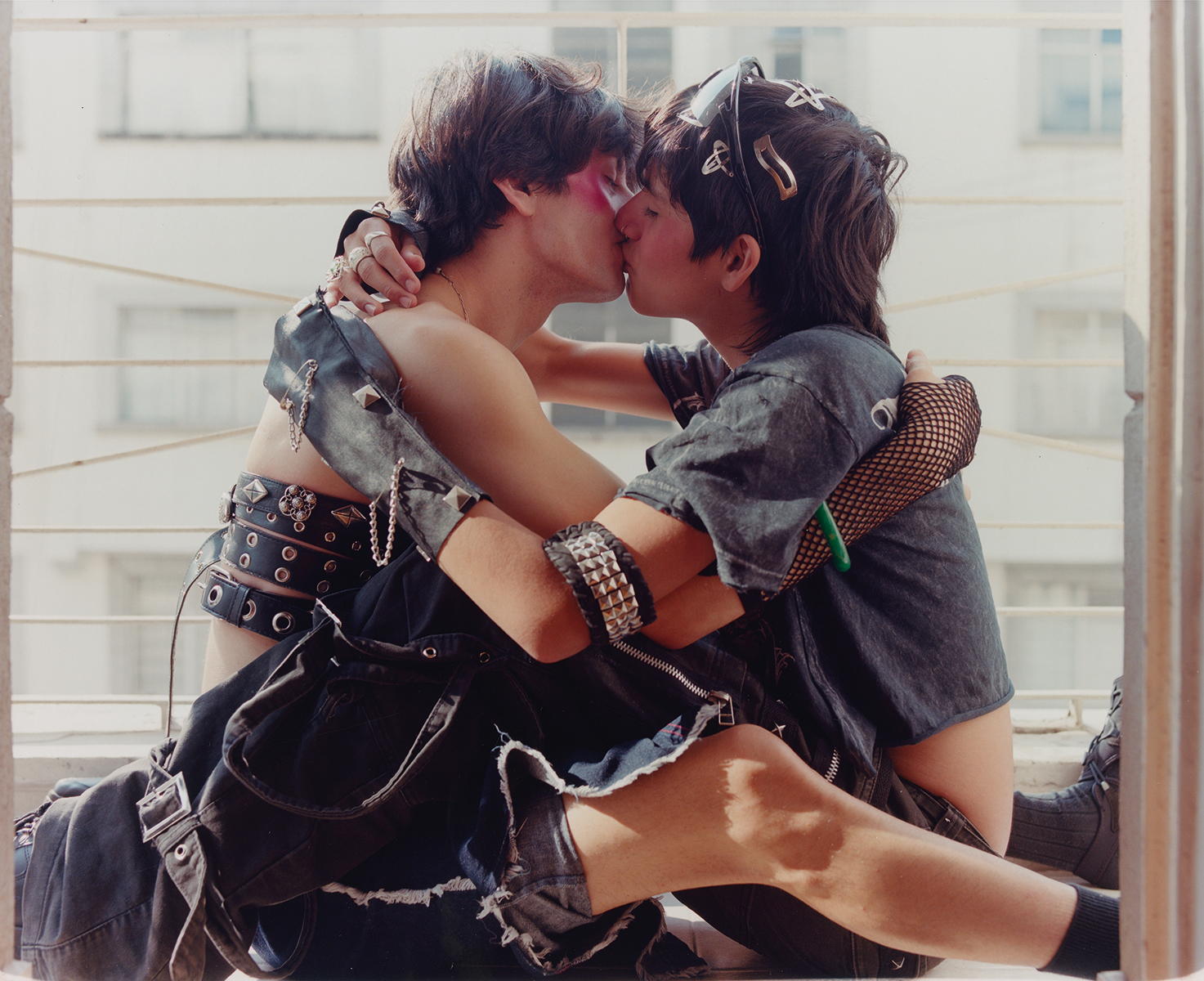
“Nan Goldin’s photos obviously paved the way for a lot of what we see today in queer photography and visibility, and what she captured was very true to her time and experiences,” Mayan clarifies. “It’s not that today in Mexico City it’s easy and free to walk around as a queer or trans person, but the viewpoint that is in my book is from within the community and not necessarily the perspective of the outside world. There is something very protective within, shared and sacred, and celebrated.”
With the influx of digital nomads immigrating to the city in recent years, it’s hard for expats — assuming they don’t stay in the bubble of neighborhoods like Juarez and Roma Norte — to not embroil themselves in the local community if they know where to look and come correct. With the success of queer musicians like esoteric vocalist Ángel Ballesteros of experimental trio Meth Math and tattooed alt-pop singer Blue Rojo (who appears in the book dressed by local designer Sentimiento, whose designs have been worn by Julia Fox and more) extending beyond the borders of the country, it’s a well-deserved spotlight on the real culturemakers of a fast-growing global city.

Still, the most important part of these photos of childhood friends, lovers, roommates and party friends, lies in the way they capture everyday life. Lounging in the sun, alive and well, is a political act of rest, but it is also just life. Mayan showing up everyday without an agenda or an expectation left the door open to play, and the result is incredibly special.
“Sometimes it can be just a conversation, sometimes we can take 100 photos or just one. I think the softness you are seeing in the photos comes from removing the traditional directing role and instead blending into people’s private lives, what they want to show me, who they’d like to be that day, how they see themselves.” Mayan says of her process. “I never want to feel that a moment is borrowed or a feeling is temporary, these are all meant to live in the context of their time and space and they belong to the people and the city eternally.”
‘No Mames’ is available for purchase via Damiani Books, here.
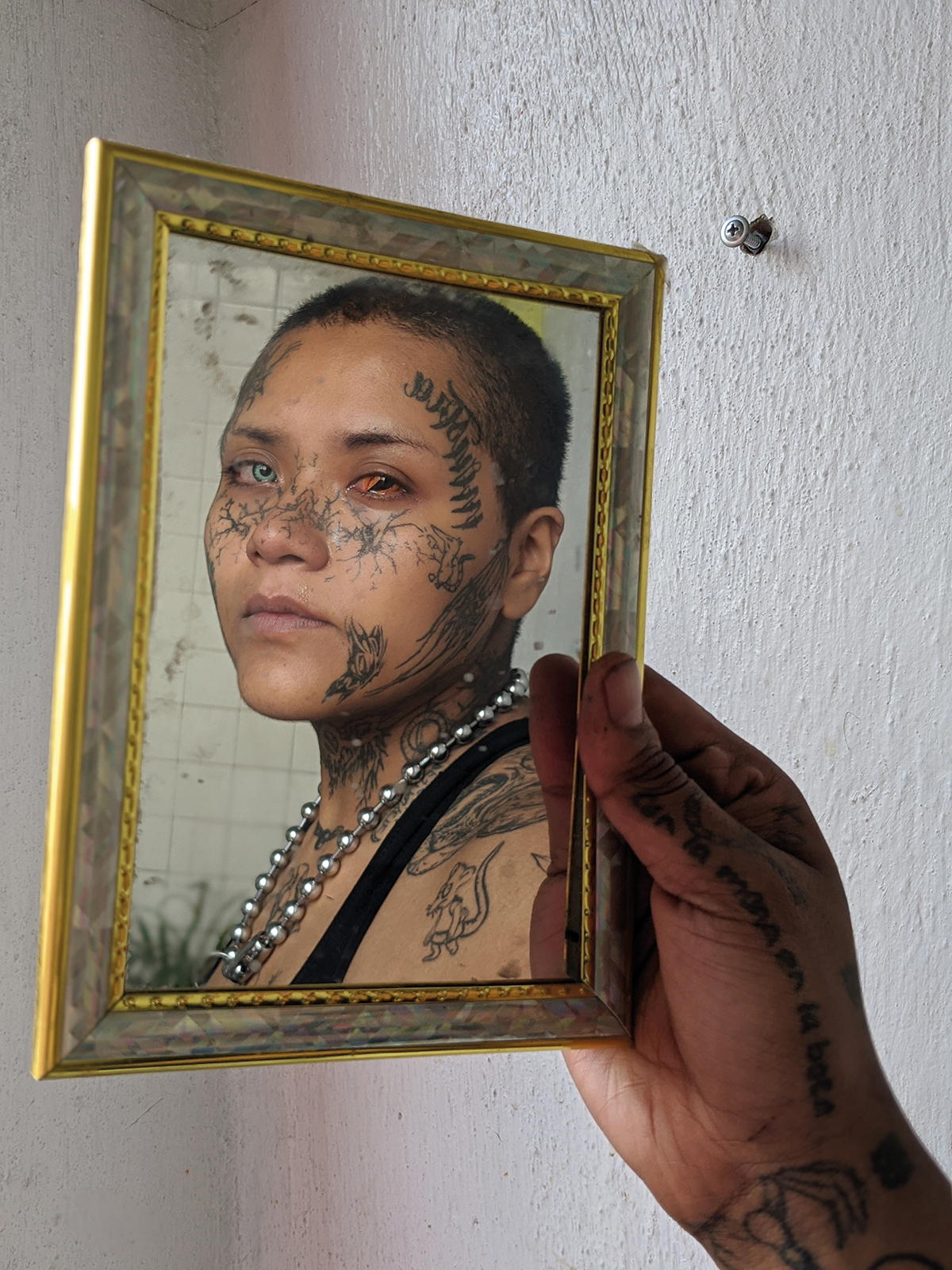
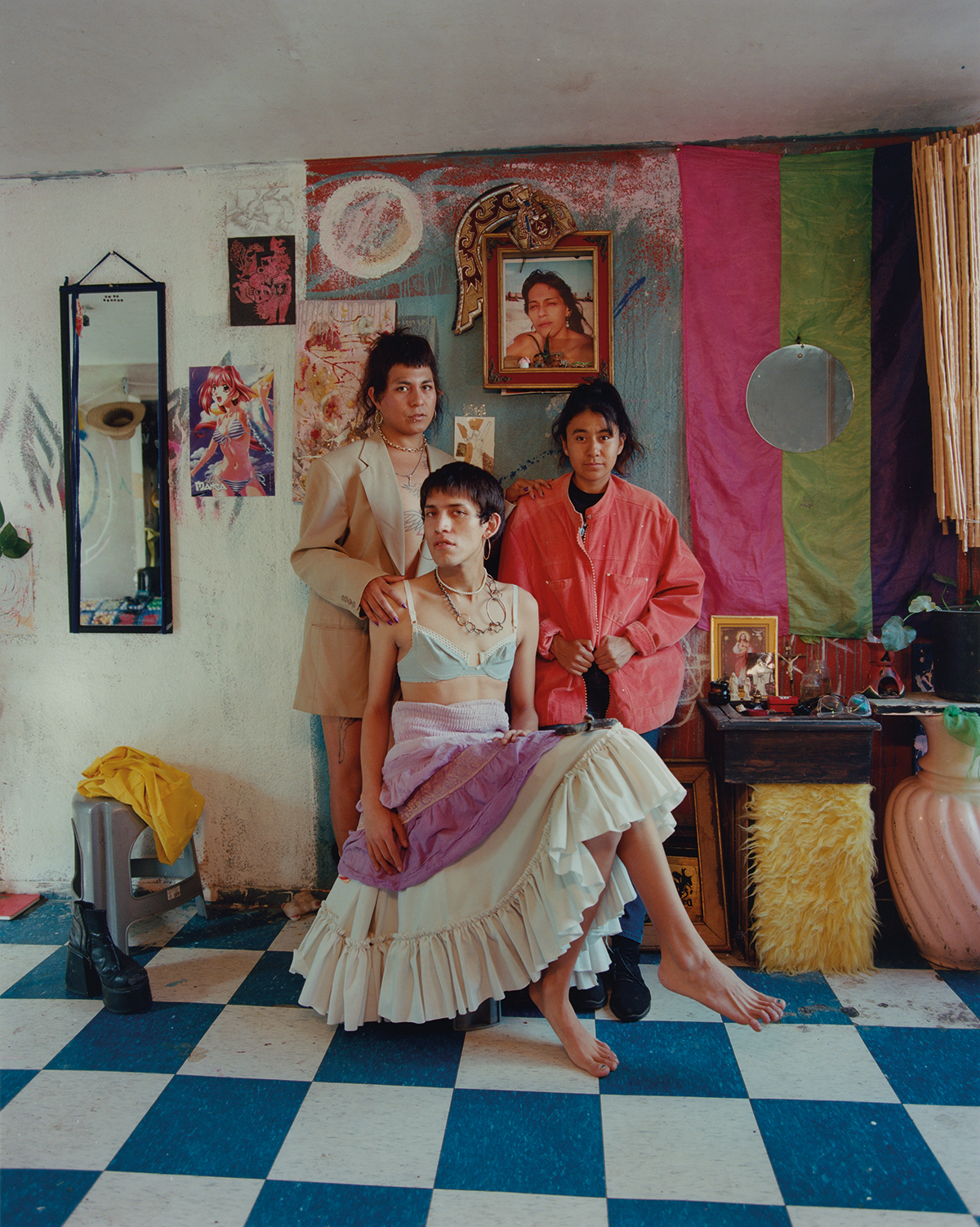
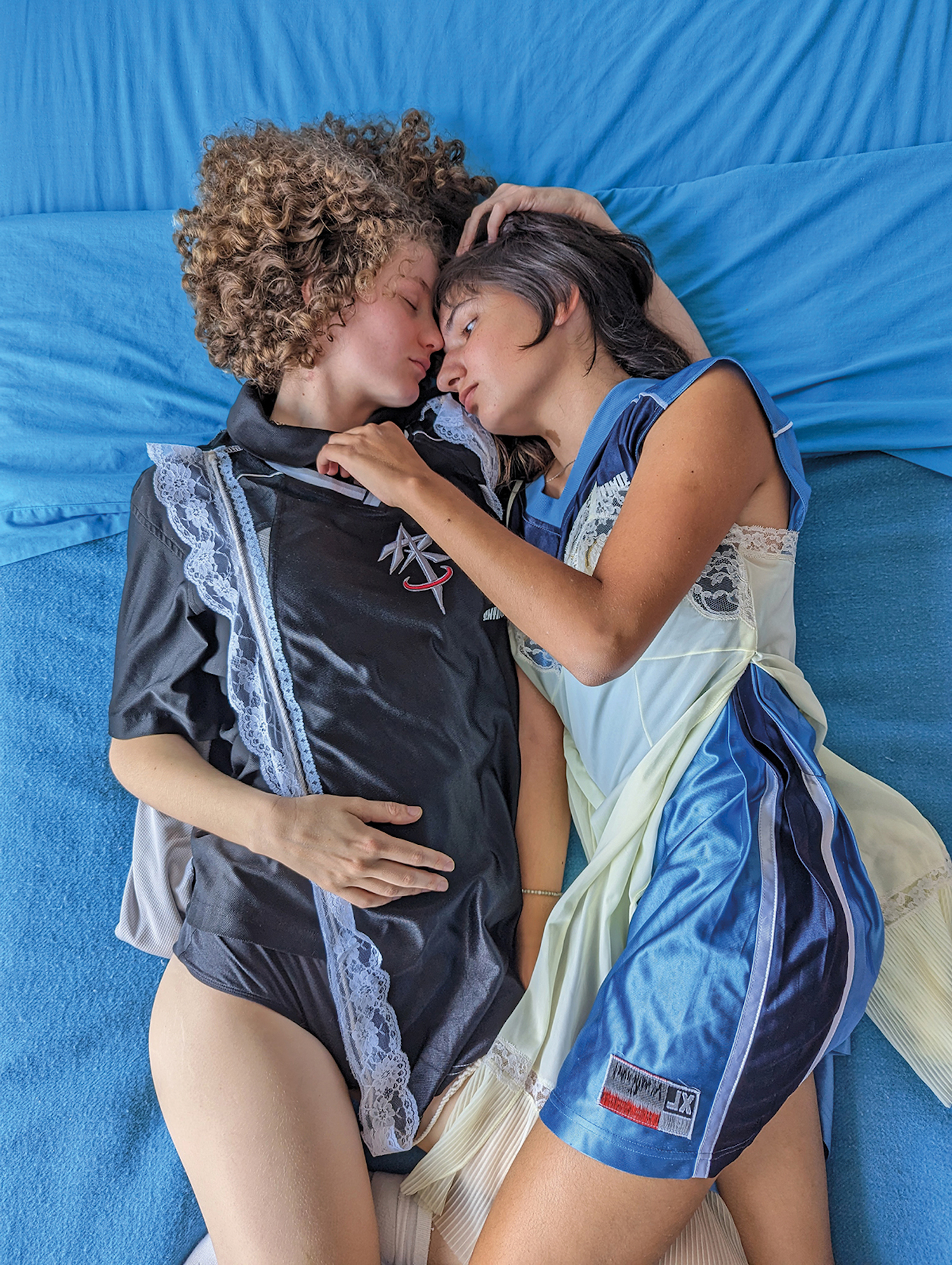
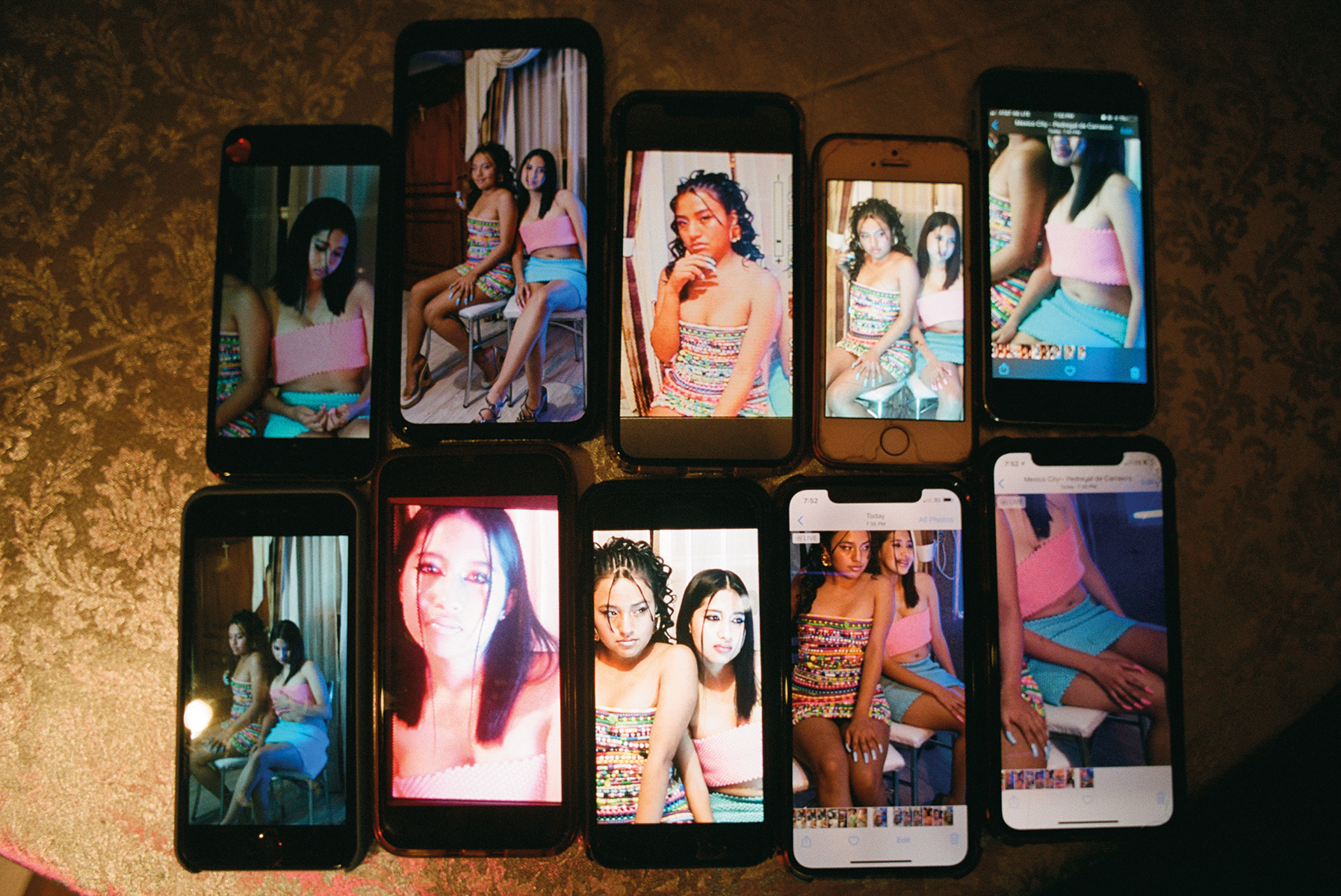

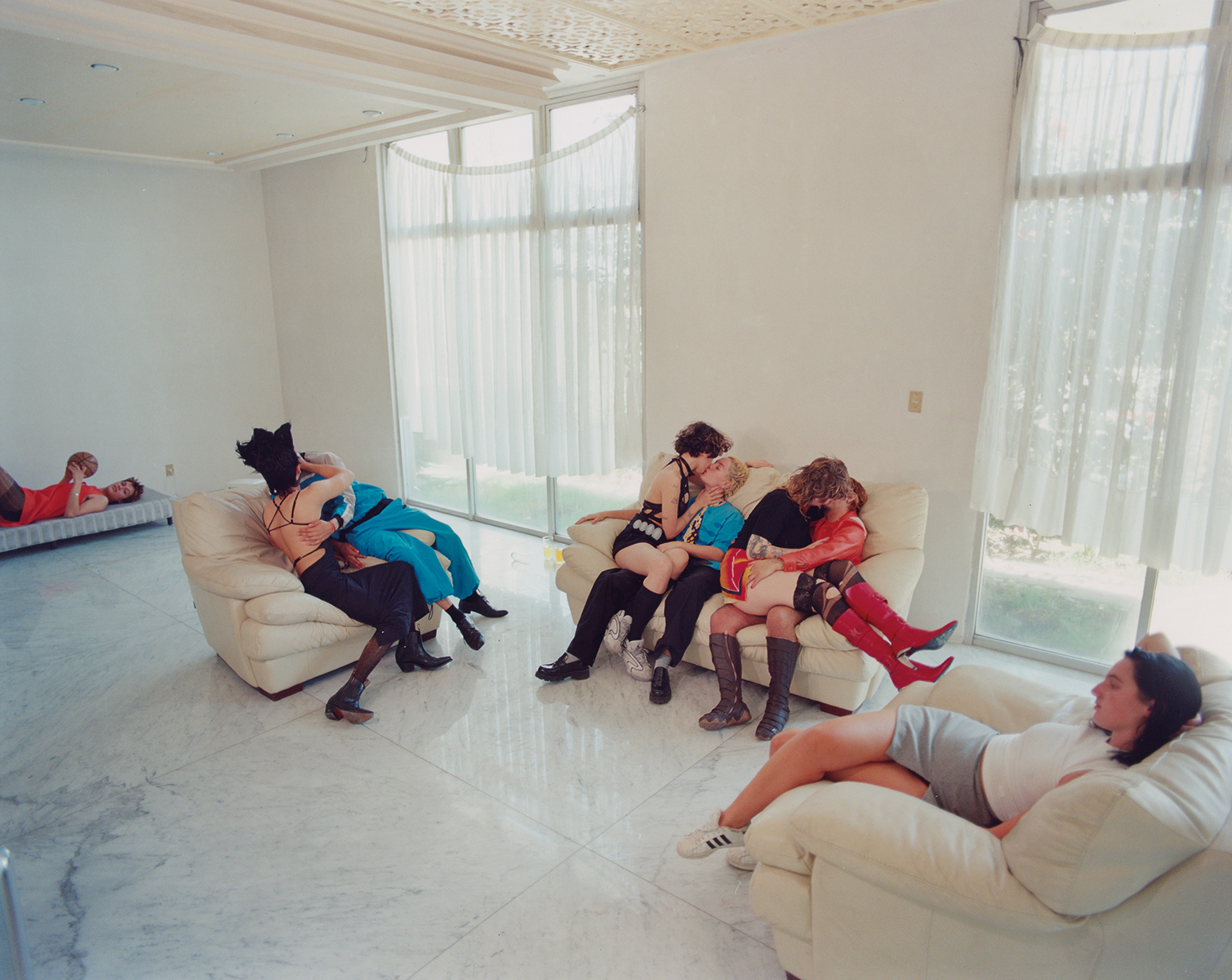


Credits
Photography Mayan Toledano
